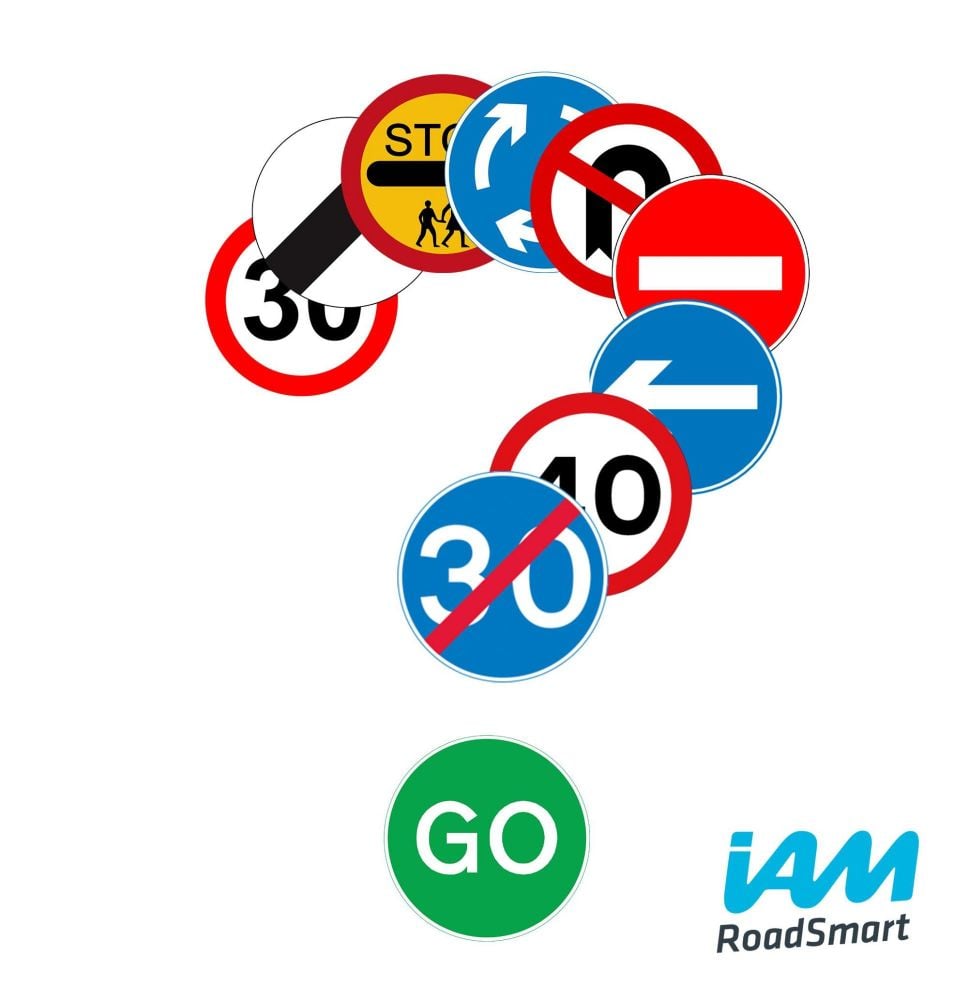World champions don’t drink-drive – be a champion of the road, say Nigel Mansell and IAM RoadSmart
Posted on
The world’s top drivers would never mix alcohol with driving – so nobody else should. This is the message from former Formula 1 World Champion Nigel Mansell CBE this festive period.
He is backing the IAM RoadSmart ‘Drive Like a Champion’ anti drink-drive campaign this month (December).
President of IAM RoadSmart for over a decade, Nigel believes everyone can be a winner on the road – simply by thinking ahead, anticipating the road … and most importantly in the run up to the festive season, not touching a drop of alcohol when getting behind the wheel.
He said: “Quite simply drink and drug driving is for losers. On the track you need to be in the best possible form at all times. This equally applies to anyone driving on the road. You have your own life, those of your passengers and everyone around you in the palm of your hands.
“Drink driving increases your risk of being a potential killer behind the wheel. The responsibility of driving a road vehicle safely is just as great as when driving a Formula 1 car – if not more so.”
Nigel’s advice comes as statistics in IAM RoadSmart’s 2018 Safety Culture Survey (reference 1) show there is still some shocking thinking about getting behind the wheel after drinking or taking drugs among UK motorists.
Each year since 2015 IAM RoadSmart, the UK’s biggest independent road safety charity, has surveyed over 2,000 drivers about their worries, fears and attitudes.
This year’s findings included:
• 7% of drivers say it’s acceptable to drive when they thought they might have had too much to drink – a figure that rises to 13% of 17-34 year olds
• 7% say it’s acceptable to have driven after using drink and marijuana (12% of 17-34 year olds)
However the majority support a tough line on punishment and rules around drink-driving. The survey found:
• 88% support alcohol interlocks to stop those who have been convicted of drink driving starting the car if they are drunk
• 88% support fitting all new cars with such technologies
• 79% support lowering the limit in England and Wales to that in Scotland
• Drink and drug driving is the top priority for police enforcement according to the survey
Nigel added: “Be a champion of the road like me this Christmas and New Year. Do the right thing for your family, friends and other road users. Drive safe, drive sober and go #NoneForTheRoad.”




